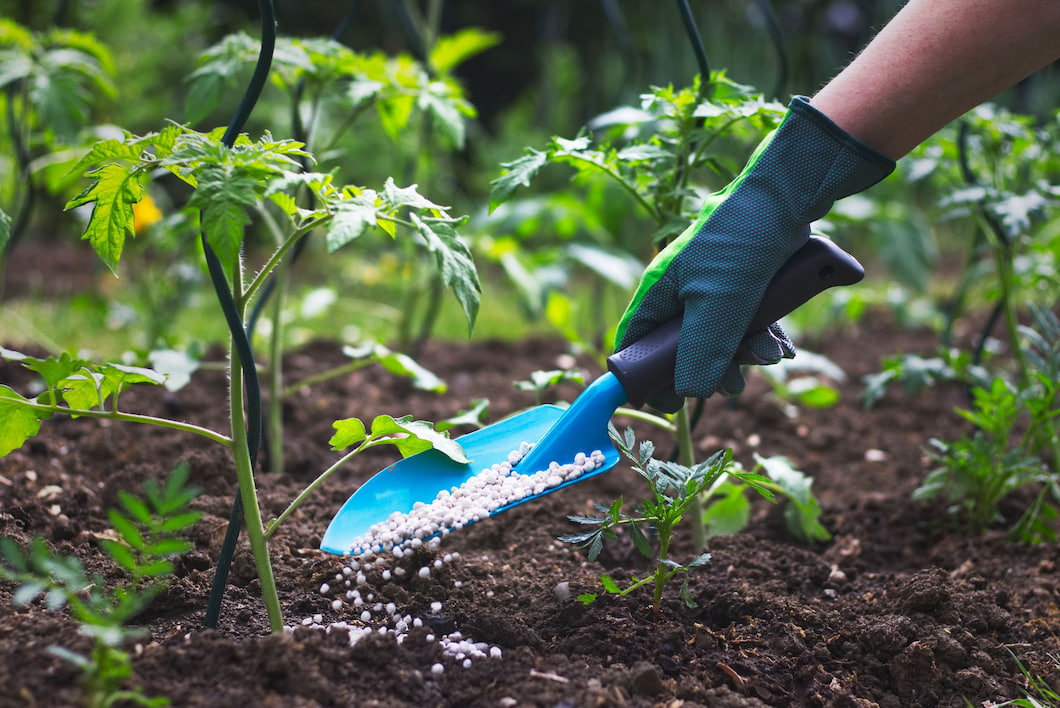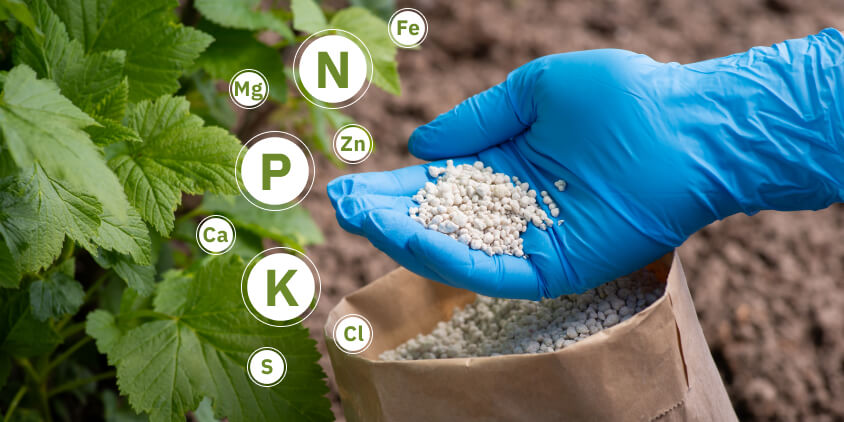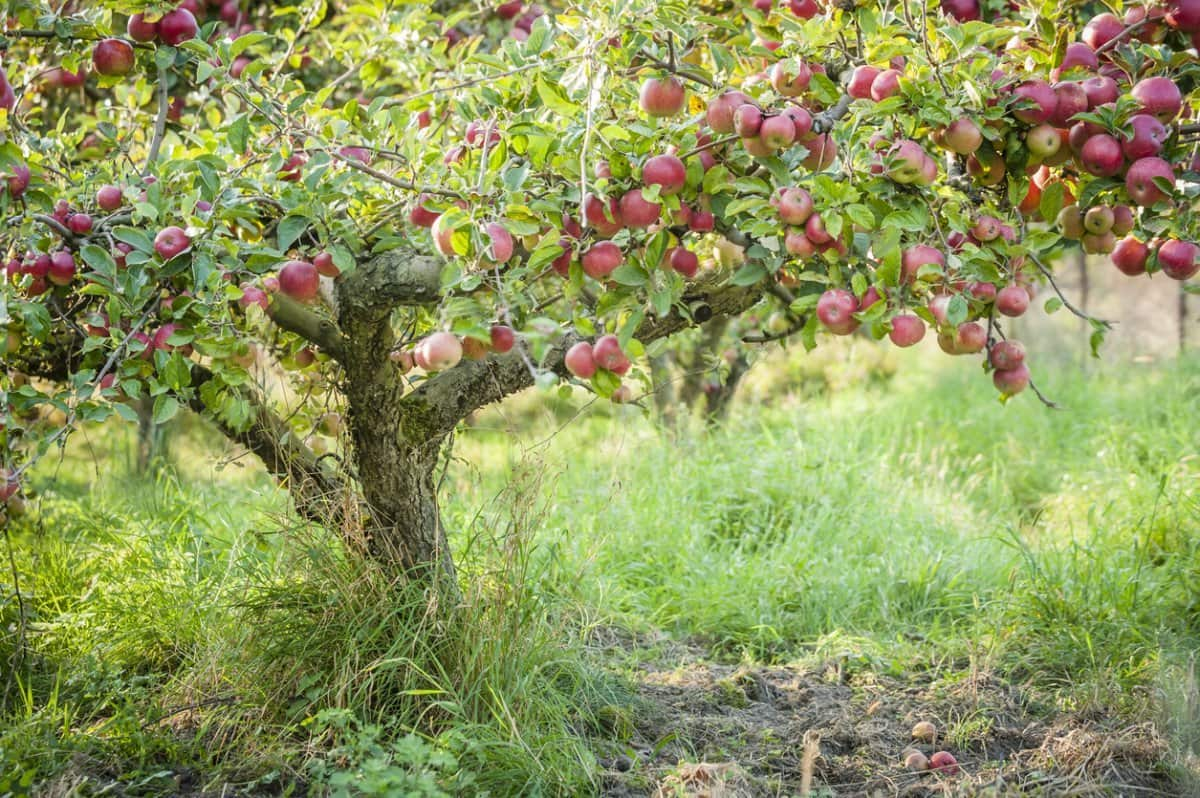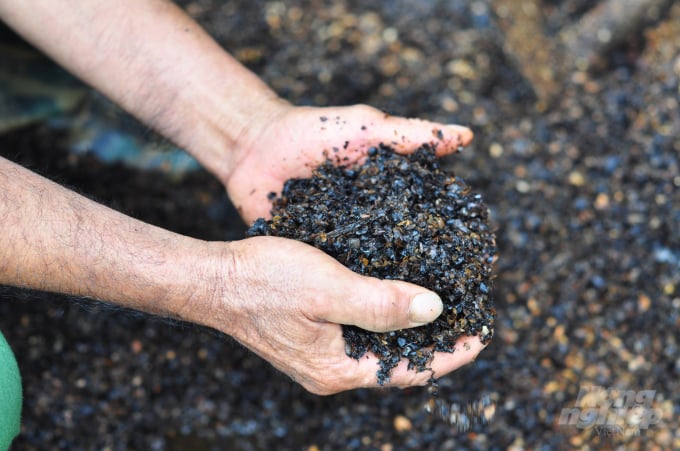
Organic fertilizers can greatly improve soil fertility, crop health, and yield—but effective application depends on the type of crop and timing. Here's a practical guide on how to use organic fertilizers for different major crop groups.

🥬 1. Vegetables – Fast-growing and nutrient-hungry
Vegetables grow quickly and require frequent nutrient supply. To meet their needs:
-
Use well-fermented organic fertilizers such as composted manure or plant-based compost to avoid root burn
-
Apply amino acid-enriched liquid fertilizers to promote fast vegetative growth and stronger resistance to stress
-
Combine with microbial inoculants to support root development and improve nutrient uptake
📌 Tip: Foliar application every 10–15 days during peak growth stages can enhance leaf quality and overall vigor.

🍊 2. Fruit Trees – Long-term nutrient storage and strategic feeding
Fruit trees have a slower cycle and deeper root systems, requiring both base nutrition and stage-specific supplements:
-
Apply solid organic fertilizers (e.g., compost, organic pellets) once or twice a year, ideally at the end of harvest or early in the growing season
-
Before flowering and fruit set, apply humic acid or seaweed-based supplements to boost nutrient translocation and flower uniformity
-
Maintain soil moisture and aeration to ensure better organic matter decomposition
📌 Tip: Use mulching with organic material to maintain soil temperature and improve microbial activity.

🌾 3. Rice – Nitrogen fixation and microbial efficiency
Paddy fields are unique environments where microbial balance plays a key role:
-
Use bio-organic fertilizers containing nitrogen-fixing bacteria (e.g., Azotobacter, Azospirillum)
-
Apply during early growth stages and after transplanting to strengthen root systems
-
Combine with decomposed organic matter to improve soil structure and water retention
📌 Tip: Avoid fresh manure in paddy fields—it may hinder oxygen availability and attract pests.

☕ 4. Coffee – Soil health and yield improvement
Coffee is a perennial crop that requires attention to soil structure and pH balance:
-
Apply mature compost annually to improve organic matter content
-
Use potassium-rich organic fertilizers (e.g., wood ash, banana peel compost) to enhance fruit filling and improve bean quality
-
Supplement with lime or organic calcium sources to manage soil acidity and prevent root stress
📌 Tip: Integrate shade trees and organic mulching to reduce soil temperature and preserve moisture.
✅ Conclusion
Each crop type has unique nutrient requirements—and using the right organic fertilizer strategy ensures healthier plants, better yields, and improved soil over time. Whether you're growing vegetables, trees, rice, or coffee, organic fertilization is both effective and environmentally responsible.
📩 Want crop-specific fertilizer plans or product recommendations? Let us know—we’re here to help you grow naturally!